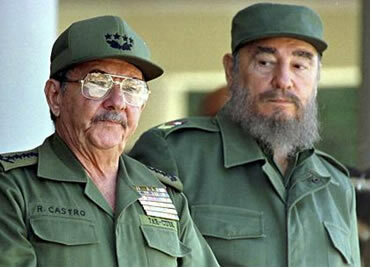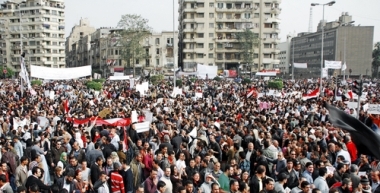Located in one of the most tense areas on the planet, in the Middle East, Iran, a fundamentalist Islamic republic, has been a matter of concern for the international community. The responsible for this situation is the nuclear program developed in that country.
The mastery of nuclear technology can be used for the construction of electric power plants, in addition to the possibility of manufacturing nuclear weapons. According to the Nuclear Non-Proliferation Treaty (NPT), only countries that exploded the atomic bomb before the 1st of January 1967 (United States, Russia, China, United Kingdom and France) have the right to have this type of armament.
However, some unauthorized nations have nuclear weapons: India, North Korea, plus evidence from Ukraine and Israel. In a few years, Iran could be another nation on the list of nuclear-weapon countries.
The Iranian nuclear project began in 1950, with technical assistance from the United States, receiving the name “Atoms for Peace”. However, after the 1979 Islamic Revolution, it came to a standstill.
In 1995, through an agreement with Russia, Iran's nuclear program regained strength. However, it was only with the election of Mahmoud Ahmadinejad, in 2005, that the country left the Western world and Israel in fear of the possible bellicose ends of this program.
Mahmoud Ahmadinejad, a conservative Islamic fundamentalist, claims that Iran's nuclear program is aimed at peaceful purposes. He accuses the West of trying to impede his country's technological development. However, the United States and Israel, Iran's main enemies, claim that this nuclear program is aimed at the manufacture of nuclear weapons. According to reports by the US intelligence services, Iran will be able to produce an atomic bomb in less than ten years.
Do not stop now... There's more after the advertising ;)
The International Atomic Energy Agency (IAEA) has decided to take the case to the UN Security Council, which may adopt economic sanctions so that the country gives up on its nuclear program. But this attitude will trigger major problems for the global economy, as Iran is the world's fourth largest oil producer. Because of this, economic embargoes could generate a significant increase in the price of oil.
Manouchehr Mottaki, Iran's Foreign Minister, claimed that Iran's nuclear program will not be disrupted by possible sanctions imposed by the UN Security Council. He also asks that, through diplomacy, the world powers cooperate with the project.
The United States and Israel are the main opponents of this nuclear program. On the other hand, Brazil and Turkey are supporters, with the Turks having reached an agreement to supply enriched uranium to the Iranians.
By Wagner de Cerqueira and Francisco
Graduated in Geography
Brazil School Team
Will - countries - geography - Brazil School
Would you like to reference this text in a school or academic work? Look:
FRANCISCO, Wagner de Cerqueira e. "Iran's Nuclear Program"; Brazil School. Available in: https://brasilescola.uol.com.br/geografia/o-programa-nuclear-ira.htm. Accessed on June 28, 2021.


